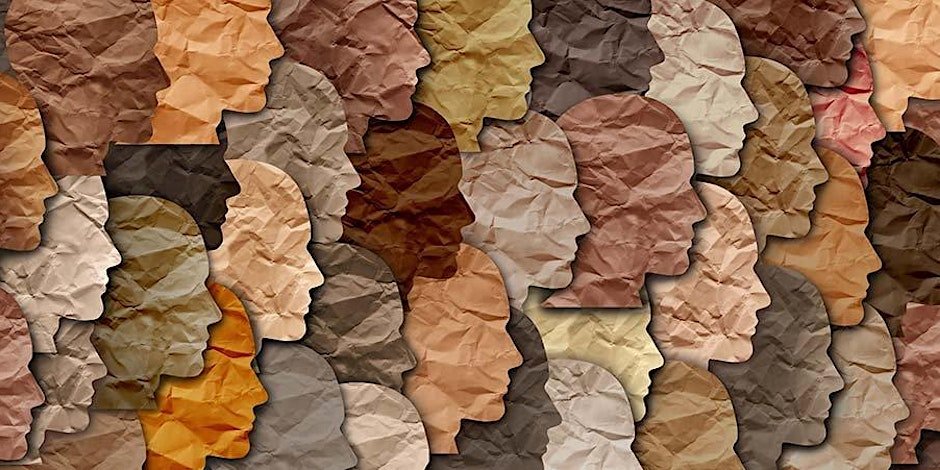Wholistic Health Series - Session #2: Intersectionality and Mental Health
On May 18, 2023, UHN’s RBCD clinic hosted the second session of the Wholistic Health Series with Certified Health Coach, Aisha Saintiche. This session explored Intersectionality and Mental Health, including how Anti-Black Racism, Racism, Ableism, and health-related stigma impacts mental health and wellbeing for people with Sickle Cell Disease, Thalassemia, and other Red Blood Cell Disorders.
What is Intersectionality?
Intersectionality is a term developed by the American Civil Rights Advocate, Kimberlé Crenshaw. Intersectionality recognizes that people have multiple identities and experience oppression and privilege along race, gender, class, sexuality, disability, and other social markers.
Why does Intersectionality Matter for Mental Health and People with Sickle Cell Disease, Thalassemia, and other Red Blood Cell Disorders?
Oppression impacts mental health and wellbeing. Each person is unique; however, some common forms of oppression that impact mental health and wellbeing for people with Sickle Cell Disease, Thalassemia, and other Red Blood Cell Disorders include:
Health-Related Stigma: Discrimination and negative attitudes directed to people with illnesses, including Red Blood Cell Disorders
Racism: Discrimination based on race, ethnicity, or skin colour
Anti-Black Racism: A specific form of racism that is directed towards African-descent peoples.
Ableism: Discrimination that targets people with disabilities, including those that are invisible and visible
Oppression can result in internalized hate, shame, and isolation. While oppression may be overt, it can also be subtle. One example of a subtle and everyday form of oppression are microaggressions.
Microaggressions are brief, common, and everyday comments and actions that are hostile, derogatory, and insulting. They are constant and continuous and are directed towards members of marginalized groups, including Black and racialized peoples, people with disabilities, and LGBTQ2S+ peoples. Intentional or not, microaggressions cause real psychological harm.
How can I take Empowered Action?
You can take steps to support mental health and wellbeing from an Intersectional lens. These include:
Being mindful of words and actions
Checking stereotypes
Supporting people
If safe, calling out microaggressions
Refusing to harbour self-stigma
Practicing self affirmations
Watch the Full Session!
Evaluation: Click here to share your feedback on the workshop to shape future sessions!
Next Session: How to Stay in the Green
Our third session for the Wholistic Health Series takes place on Thursday June 1, 2023 from 6:30 PM to 8:00 PM. This session is called “How to Stay in the Green.” It will explore how to take ownership of mental health and wellness, mental health resources, and coping skills. You can register for this session here!
Learn More
Check out Aisha’s Slide Deck for “Intersectionality and Mental Health”
Explore Aisha’s Mental Health Resource List, with noted resources for Black, Indigenous, and Racialized peoples
Watch the Wholistic Health Series Playlist
Register for the third session of the Wholistic Health Series, “How to Stay in the Green”





